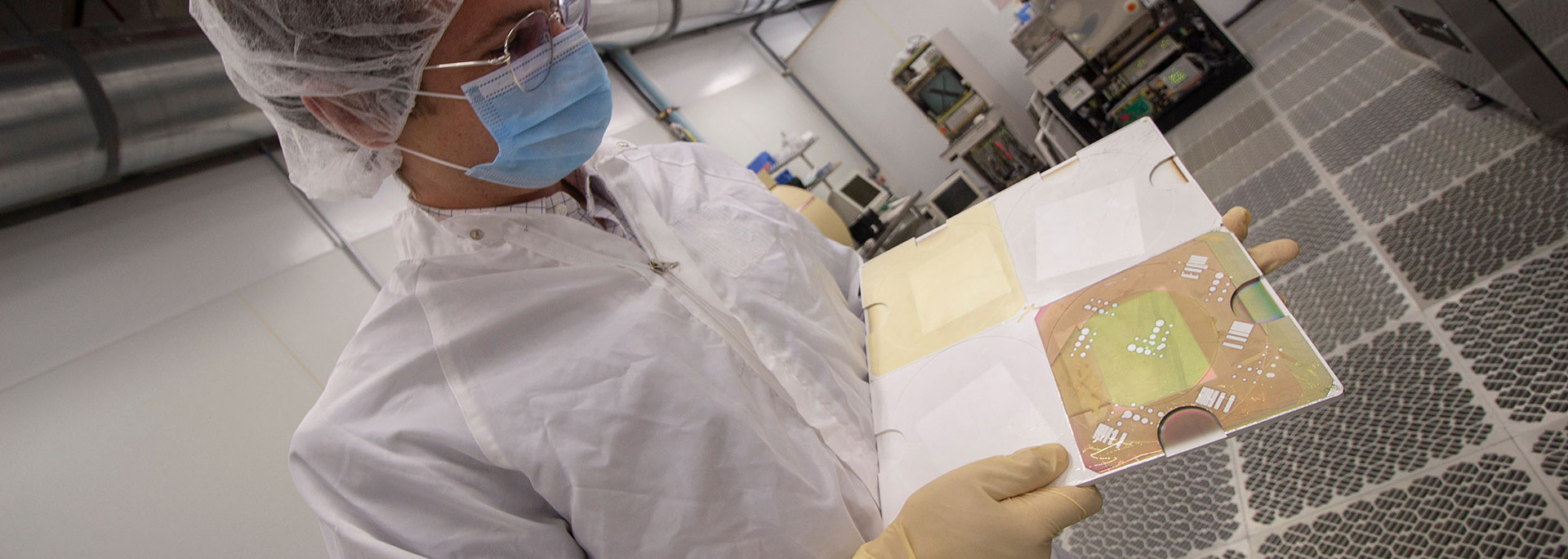
Media Relations
We are here to help tell the story of the value and impact of your contributions to the Fulton Schools of Engineering.
Members of the media occasionally contact Fulton Schools of Engineering faculty directly to request information and commentary on matters related to engineering and technology. These media inquiries may be related to new or emerging technologies, employment trends, the viewpoints of engineering experts or current events.
The Communications team can assist before or during the interview at your request. We’d also like the opportunity to amplify your message through our social media. If you are contacted and are uncomfortable responding, you can refer the request to Lanelle Strawder ([email protected], 480-727-5618).
Who is part of the media?
Our definition includes anybody calling from traditional media outlets like newspapers, radio stations, TV stations or magazines. Journalists writing for wire services or other online publications are also a part of this list.
We also treat bloggers and social media influencers with an equal amount of respect as members of the emerging non-traditional media marketplace.
What is “media relations?”
Telling the story of the Ira A. Fulton Schools of Engineering—the story of your pursuits, challenges and achievements—is critical to building your reputation and that of the schools.
That reputation, in turn, is critical to success in student recruitment and retention, support for education and research endeavors, job opportunities for graduates and career advancement for faculty.
We’re here to help you build the stage and draw an audience into the theater, to help tell the story of the value and impact of your contributions to the Fulton Schools of Engineering—and to get that story out to the ASU community, Arizona, the nation and beyond through the news media and other communications outlets.
Is your work ready for prime-time news?
Out in the world beyond the university, engineers are competing for attention with photogenic celebrities, wildly popular entertainers, famous athletes and hot-button social issues. To capture the attention of news media, and a public exposed each day to more information and entertainment than ever, the messages we communicate must answer a pivotal question: Why should people care?
Media inquiries
If you are contacted by a member of the media and would like to tell them your story, please also contact Lanelle Strawder with the interview details and subject matter.
This helps us to amplify the stories that you tell through our own social media and news outlets.
Lanelle Strawder
Assistant Director Communications
[email protected]
What makes an engineering story worth telling?
Impact: Why does this matter? Who or what does the story impact? The more people or things affected by the news, or potentially impacted, the better the story. Is this about something a large number of people can relate to in their daily lives?
Timeliness: Is what you have to report currently a hot topic? Does it relate to issues, conflicts and public concerns that are making headlines or are regularly reported on by the news media
Visuals: Are there good visuals—interesting photographs, illustrations or videos—that can help tell the story and explain the news and its impact?
Novelty: Something new and different, unexpected, off-beat or out of the ordinary can make a good story even if the news is not about a high-impact topic.
Human interest: A story with a good plot, an intriguing back story, interesting characters or a big mystery that gets solved will draw readers.
Accessibility: Can we tell the story in a compelling fashion and in jargon-free language that is accessible to an audience beyond the engineering and academic community?
Media relations helps you tell your story effectively, and finds the best ways of reaching the audiences you most want to hear that story.